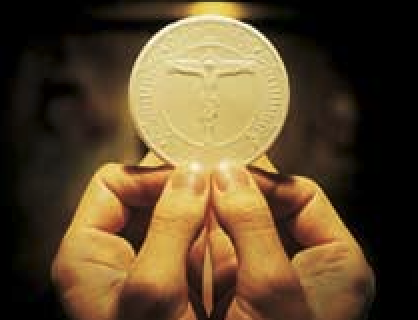In the midst of heated debates about female pastors and the morality of in vitro fertilization, the national Southern Baptist Convention recently passed a religious liberty resolution that -- in terms of Baptist history -- was rather ordinary.
But these are not ordinary times in American life.
"Messengers" from autonomous SBC congregations resolved: "That we encourage and support robust Christian engagement in the public square, including individual Christians who pursue elected or appointed office in order to influence government by living out their Christian worldview while advocating Christian morals with respect for the consciences of all people."
The "resolved" clauses then became much more specific.
"That we oppose any effort to establish a state religion of any nation, including the United States of America; that we refute the idea that God has commanded any state to establish any religion or any denomination; and we reject any government coercion or enforcement of religious belief, including blasphemy laws. …
"That we oppose any effort to use the people and the churches of the Southern Baptist Convention to establish Christianity as the state religion of the United States of America."
During debates on convention-floor debates, that blunt line in Resolution 2 -- opposing efforts to establish a Christian "state religion" -- was challenged by the Rev. Justin Ramey of Crider Baptist Church in Eddyville, Kentucky.
"What does that mean?", he asked. "Should we remove 'In God We Trust' from our currency? Does it mean we should remove 'under God' from our pledge? I'm grateful that our government at one time at least acknowledged Christianity as our foundation and encouraged it."
The final Resolution 2 text failed to include two important words in today's fiery debates about religion in American life, according to Mark Wingfield of the progressive Baptist News Global website.









